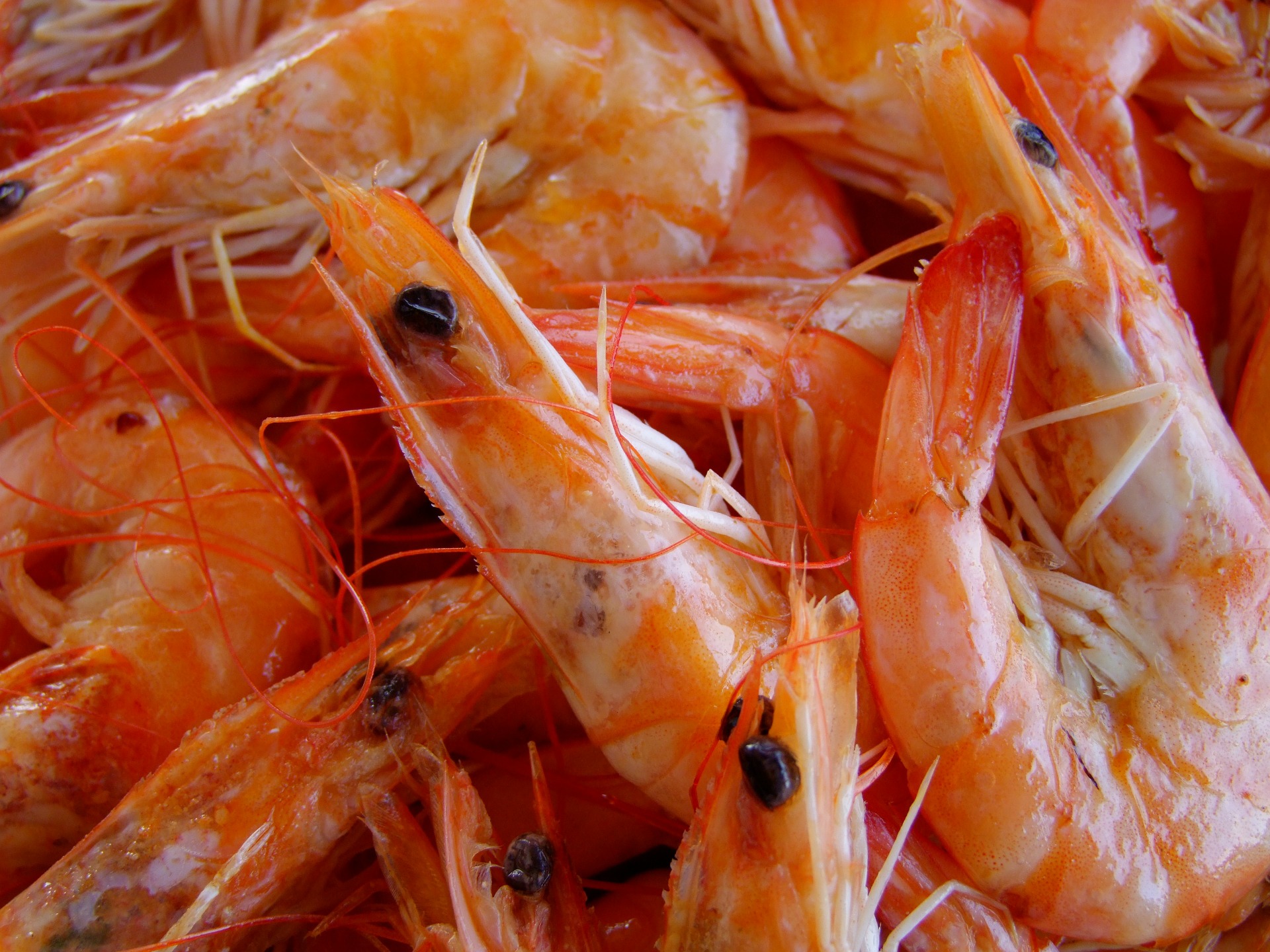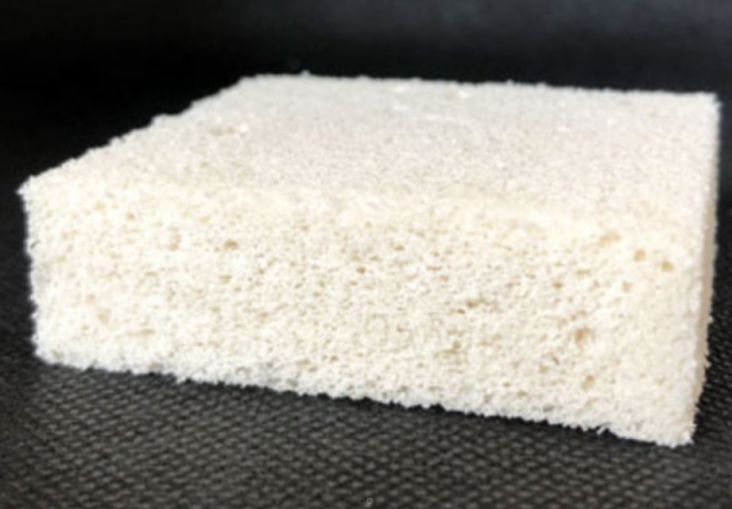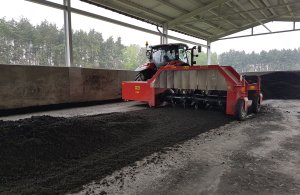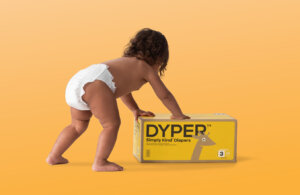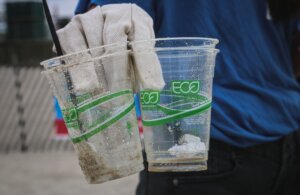The product aims to both upcycle shellfish waste and address pollution caused by the petroleum-based foams. (Credit: Ubuntoo.com)
As a graduate student and avid surfer in Santa Cruz, Cruz Foam CEO John Felts was concerned with the pollution caused by polystyrene foam used in surfboards, according to an article on Ubuntoo.com. Majority of foams currently in use contain polystyrene or polyurethane, which are toxic and non-biodegradable materials made from petroleum-based sources. Petroleum-based foams take 500 years to decompose, contribute to one-third of all waste in US landfills, and often end up on beaches and in the sea.
Cruz Foam has developed a process to produce structural foam using chitin, a biopolymer found in shrimp, crab and lobster shells. The process uses only water, salt and a foaming agent. The chitin-based foam has similar mechanical properties as petroleum-based foam, and is non-toxic and biodegradable.
The patent-pending process was developed by Felts and co-founder Marco Rolandi of the University of California, Santa Cruz.
Vid text: Cruzfoam Alchemist Demo Day
